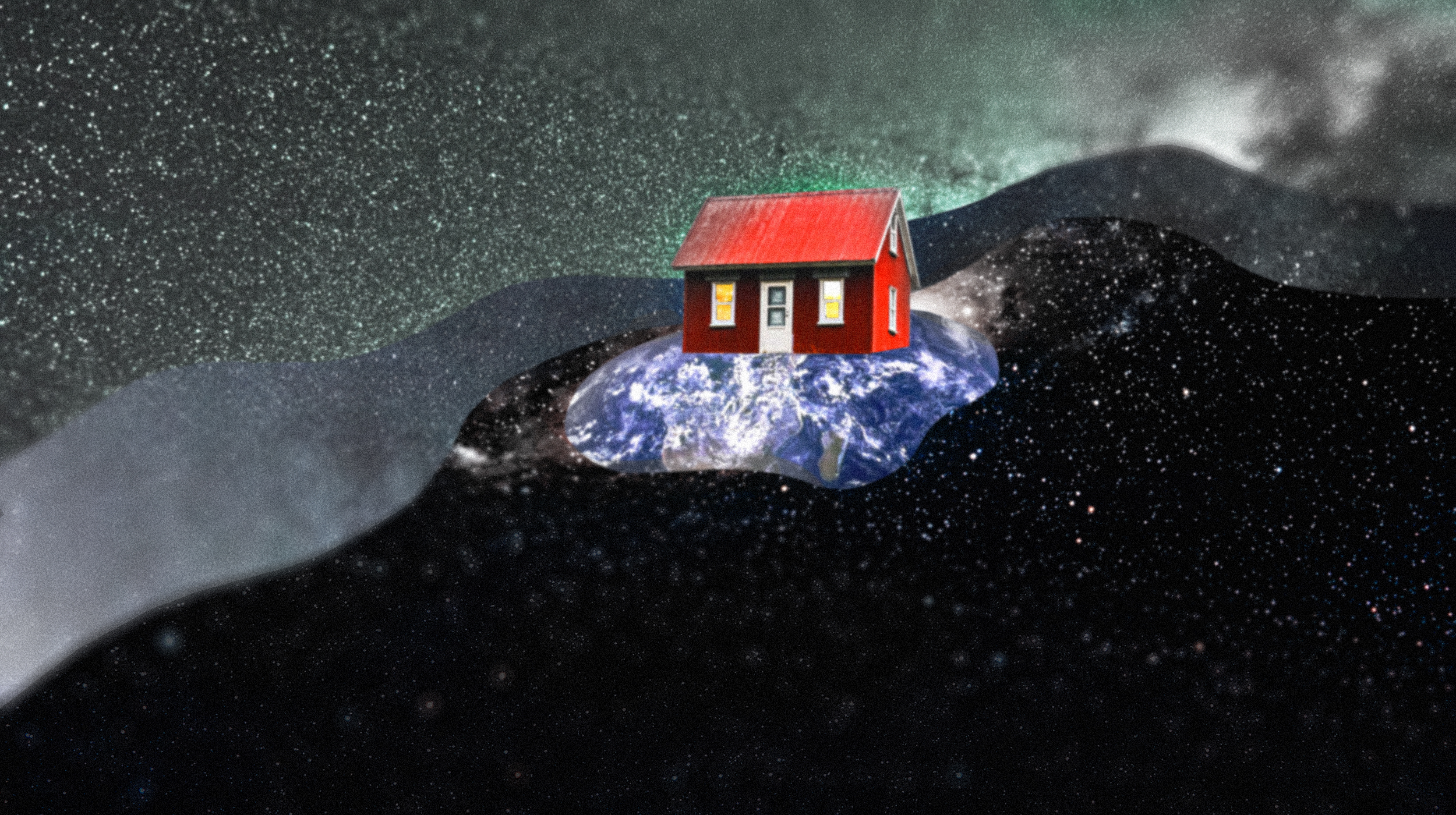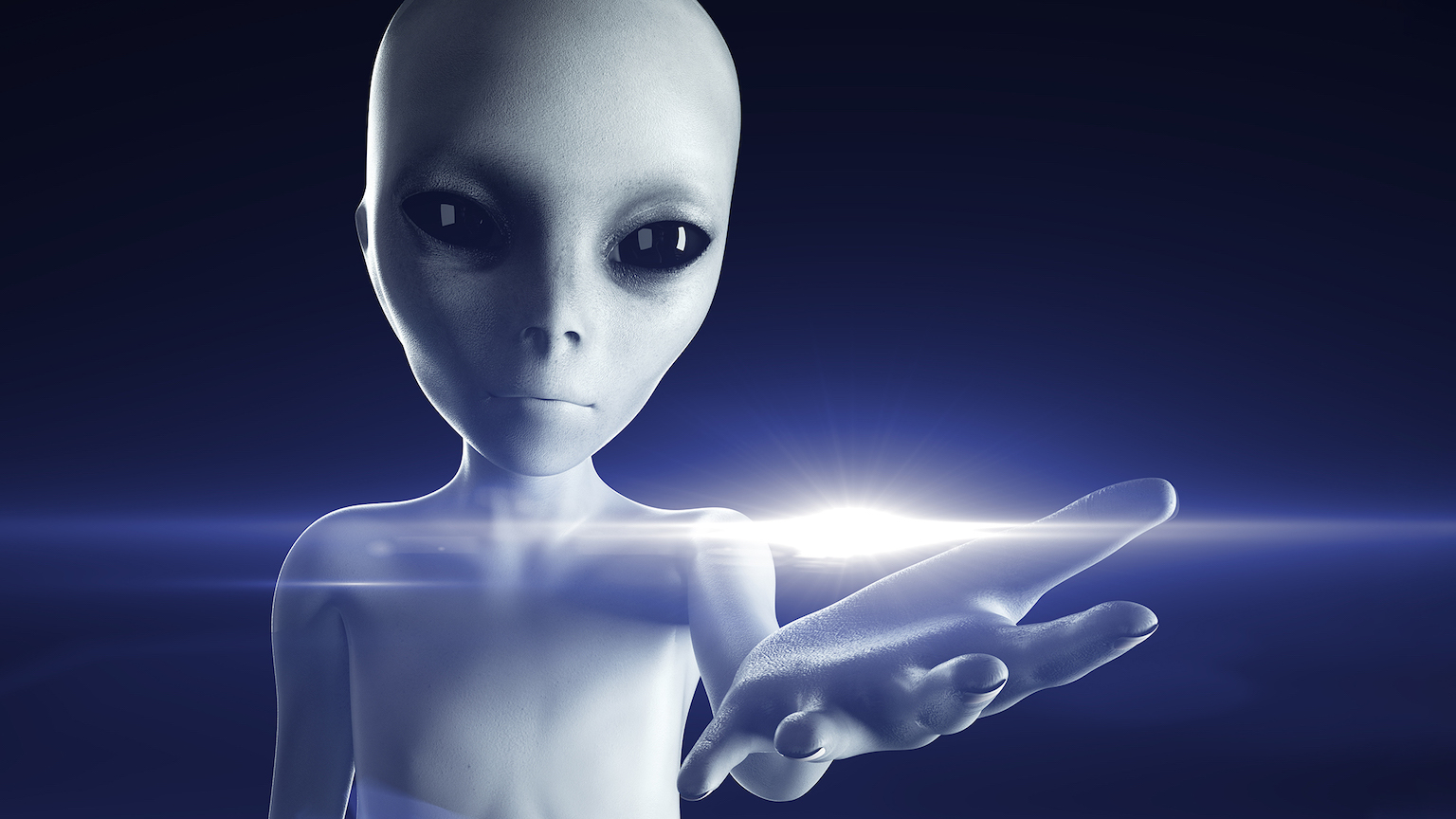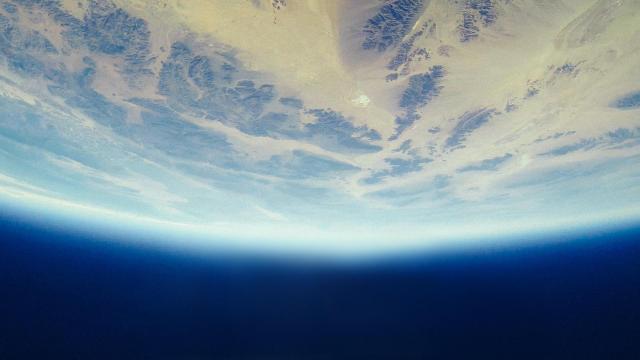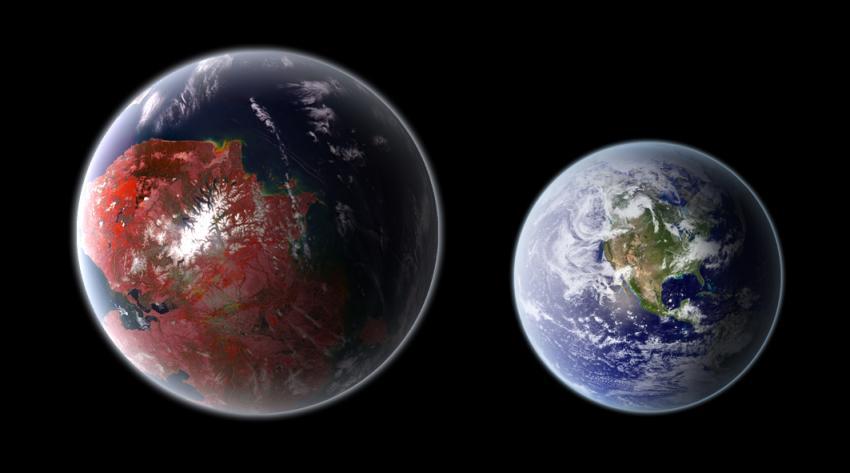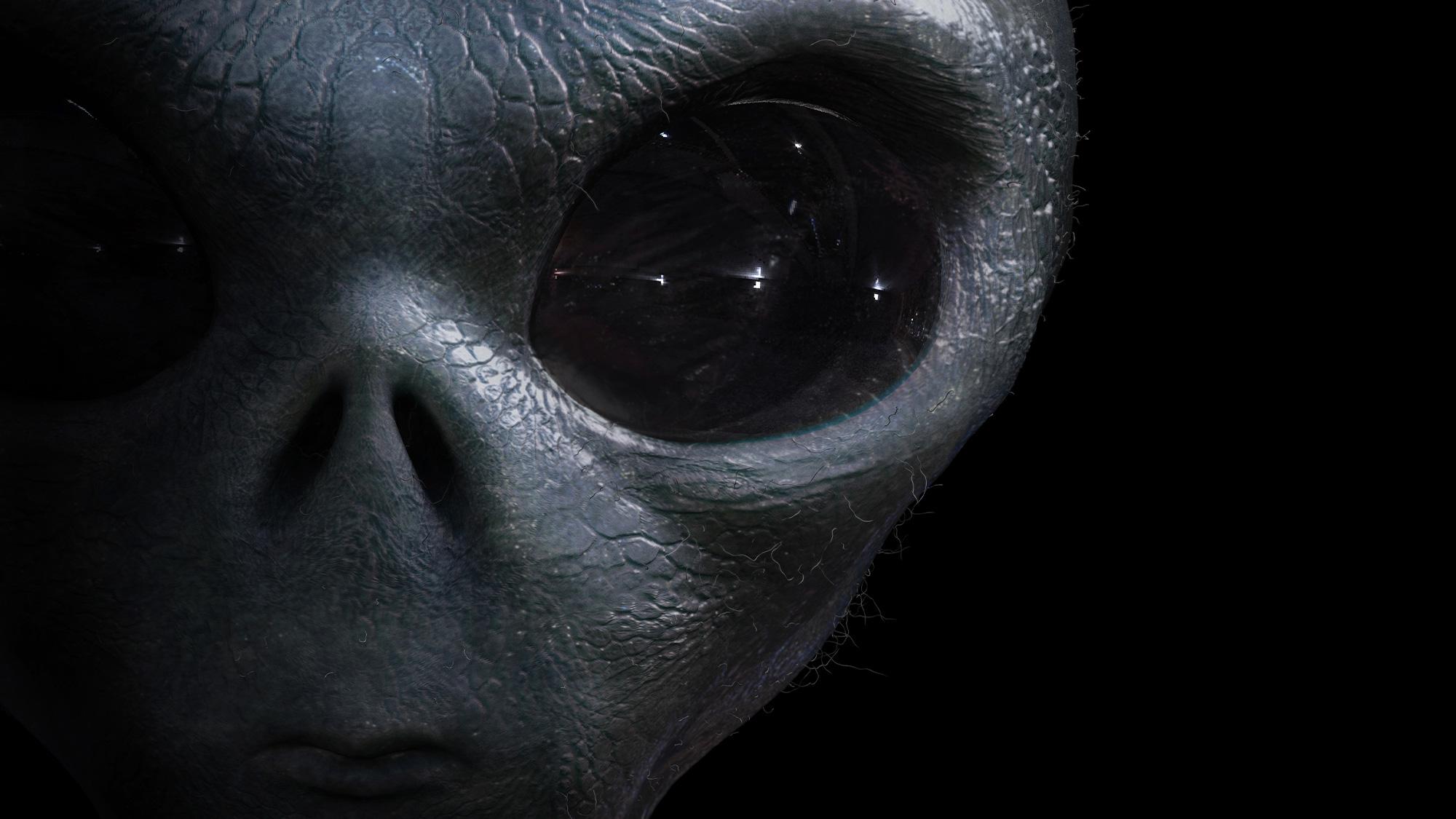Are we alone in the universe?
For the longest time, belief in extraterrestrial life was considered a fringe viewpoint, more suitable for sci-fi conventions and fans of Star Trek or the X-Files. Today, it’s the exact opposite. Those who reject the notion of alien life are considered to be the outliers. This change in attitude occurred for several reasons, perhaps none as important as the discovery that exoplanets are everywhere — 100 billion of them in the Milky Way galaxy alone. Surely, with so many opportunities for life to flourish, the universe must be teeming with extraterrestrials. But is it? Other than Earth, there’s almost certainly no other life in our solar system. Most exoplanets we know of are not particularly hospitable to life. Most stars are incapable of supporting photosynthesis. The reality is that Earth-like planets are probably rare, but that doesn’t rule out E.T. The universe, after all, is a pretty big place. The debate continues.
“The real danger to a deer in the forest is not the hunter with a gigantic rifle. He’s not the main danger to a deer in the forest. The main danger to a deer in the forest is the developer. The guy that’s going to pave the forest and perhaps destroy whole ecosystems.”
“In other words, the aliens don’t have to be evil in order to be dangerous to us. They might not care. They just may not care about us and in the process pave us over. And so I think that is a potential problem. We could be in the way of a very advanced civilization that simply is not evil but simply views us as we would view squirrels and deer in the forest. So, personally I think that we should not advertise our existence when we go into outer space. For the most part however, I do think they are going to be peaceful.”
“Ergodicity is about the links between the micro and macroscopic worlds, specifically how understanding randomness in the former can allow us to predict order in the latter. Ergodicity is what allows there to be ‘laws’ of physics for large collections of abiotic matter.”
So, is evolution ergodic? […] For many researchers, the answer is an emphatic no. Stuart Kauffman, for example, makes the absence of ergodicity in evolution the central point of a lot of his work on life. For Kauffman, the most important aspect of evolution is its path dependence, its history. Run the history of the Earth over again and you would get something different. As Kauffman puts it: “Even more profoundly, the evolution of life in our biosphere is profoundly ‘non-ergodic’ and historical. The universe will not create all possible life forms. Non-ergodicity gives us history.”

“There’s this assumption that we make that because we are alive, we actually recognize life when we see it,…”
“…or we understand what life is, and I think that’s actually a really flawed viewpoint. We really need a more general definition for life that doesn’t depend on the specific chemistry that life on Earth uses but is more characteristic of what life is as a process that organizes chemistry and does all of the wonderful things that we associate with living matter.”
“Now some people say that we should not try to make contact with them because they could be potentially dangerous.”
“For the most part, I think they’re going to be peaceful because they’ll be thousands of years ahead of us, but we cannot take the chance. So I personally believe that we should not try to advertise our existence to alien life in outer space because of the fact that we don’t know their intentions.”
